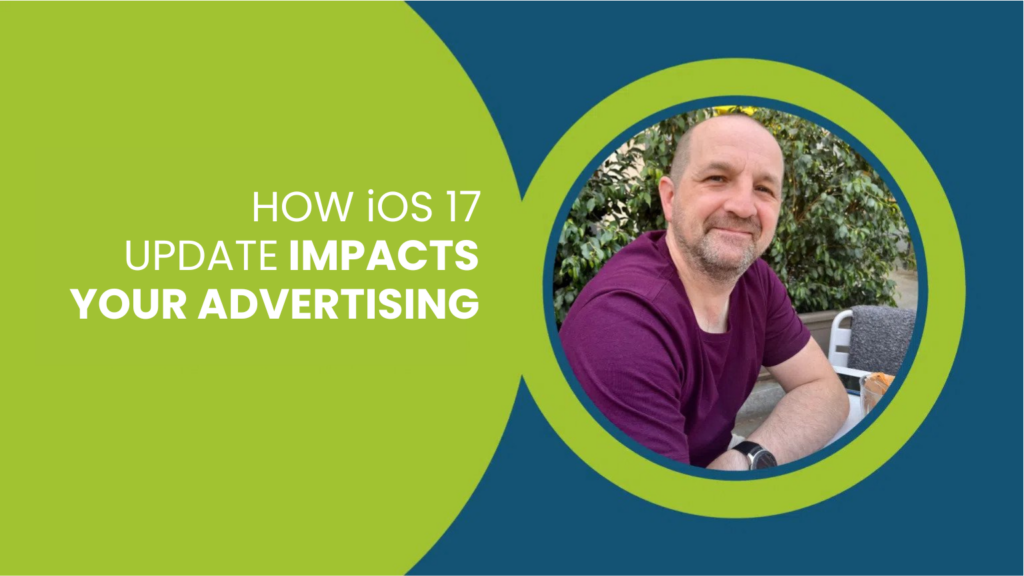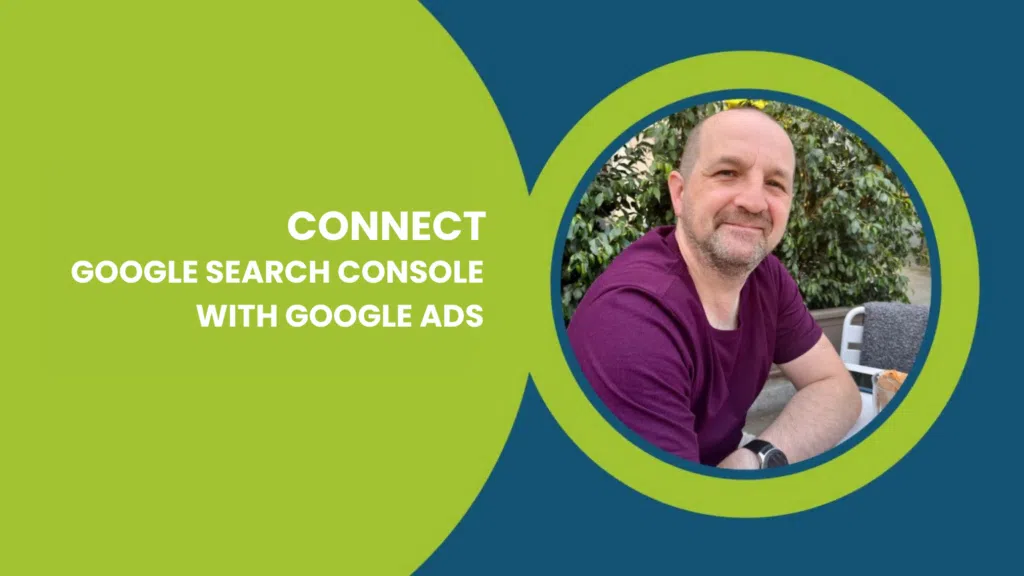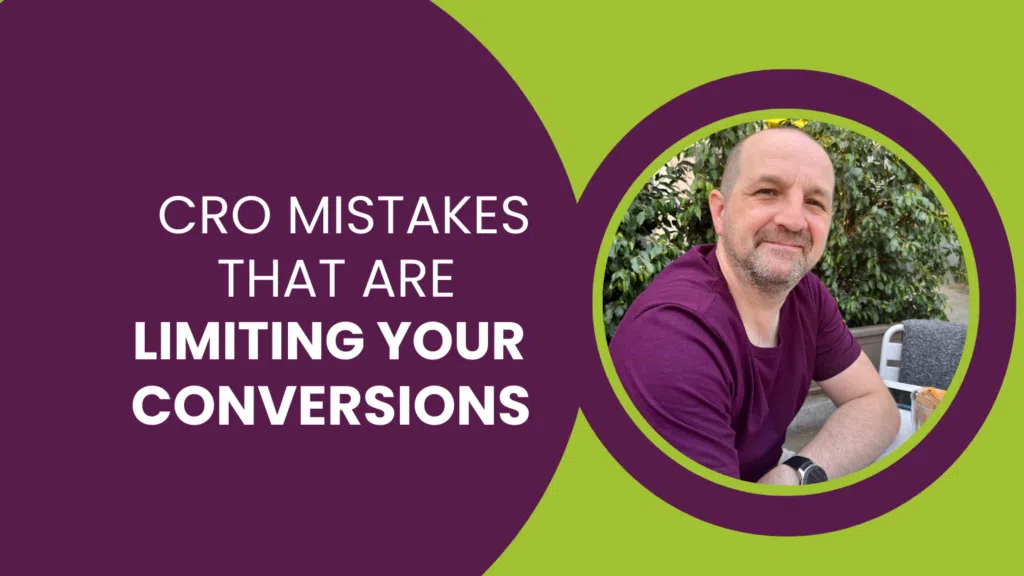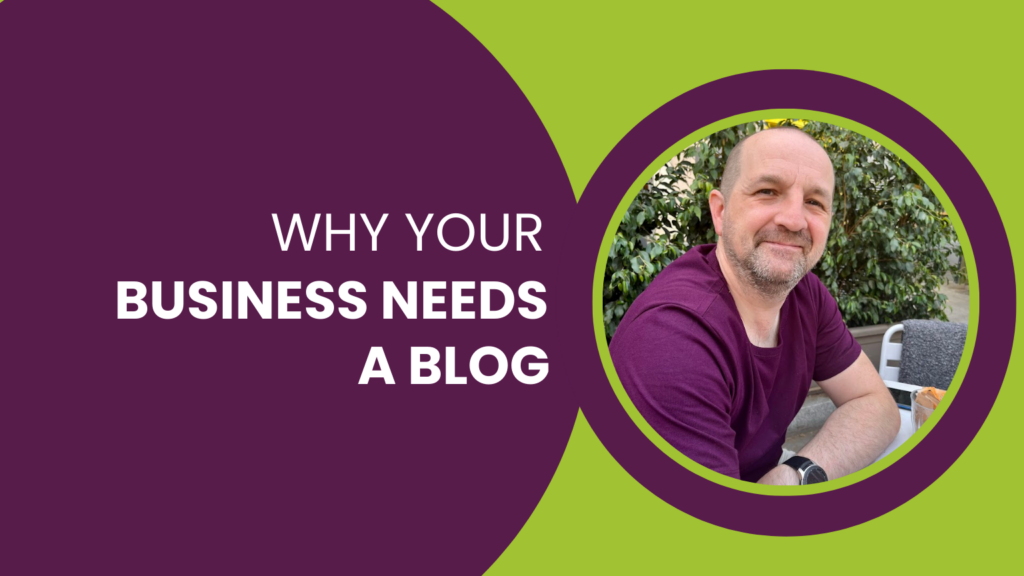The digital world continues to shift and Apple’s most recent version of iOS 17 has had an effect on the world of advertising. It’s crucial to acknowledge and adapt to the evolving landscape, particularly for advertisers navigating significant privacy changes, especially concerning user tracking and data sharing.
What is iOS 17?
In June 2023, at its yearly Worldwide Developers Conference, Apple revealed the iOS 17 update. The next September version may not be good news for advertisers, despite delivering several intriguing features including Live Voicemail, Contact Posters, and a new mindfulness app. This is a result of Apple implementing strict policies to safeguard customer privacy, a top priority for the tech behemoth. The business is removing URL tracking parameters from links accessed in its Mail and Messages app and from Safari Private Browsing as part of this pledge. These modifications demonstrate Apple’s commitment to giving its customers privacy and data security top priority.
How does the iOS 17 impact advertisers?
The enhanced privacy and security features introduced by Apple for users come with a trade-off for marketers. Tracking users across platforms and measuring the effectiveness of campaigns will become more challenging due to the measures implemented by Apple.
Below are some examples of how iOS 17 introduces challenges for marketers:
Click-Through URLs and Their Significance: iOS 17 introduces changes that directly impact how users navigate and engage with links. Such as how Click IDs will be removed from ad links.
Within iOS 17, the activation of Link Tracking Protection initiates a process in Safari where the URL of a link undergoes scrutiny, leading to the removal of any identified tracking parameters.
The functionality of Link Tracking Protection is rooted in its capacity to automatically eliminate tracking parameters from links, drawing upon an Apple-maintained list of recognised tracking parameters. While widely recognised click IDs such as fbclid, gclid, and adid are commonplace, the scope of Link Tracking Protection extends to encompass a variety of other tracking parameters that it can expunge from the links it encounters.
Campaign tracking parameters are affected by iOS 17
Numerous tracking parameters frequently utilised by marketers will undergo a shift in functionality within the iOS 17 environment. Notable among these adjustments are:
- Facebook (fbclid): Historically employed to monitor the performance of Facebook advertising campaigns.
- Instagram (igshid): Traditionally utilised to trace user interactions with Instagram advertisements.
- Google Ads (gclid): Historically employed for tracking the efficacy of Google Ads campaigns.
- Twitter (twclid): Conventionally used to monitor user engagement with Twitter advertisements.
- Microsoft Ads (msclkid): Previously utilised to track the effectiveness of Microsoft Ads campaigns.
- Mailchimp (mc_eid): A parameter specifically employed by Mailchimp for the purpose of email campaign tracking.
Unaffected Campaign Tracking Parameters
Despite the widespread impact on various tracking parameters, there are specific ones that, as of the current status, continue to operate seamlessly on iOS 17. It’s crucial to bear in mind, however, that the status of these parameters may undergo alterations in the future, reflecting Apple’s ongoing commitment to user privacy. Some of the tracking parameters that persist in functionality at present include:
- Matomo (mtm): Pertaining to Matomo campaign tracking parameters.
- Google Analytics (UTMs): Related to Google Analytics campaign tracking parameters.
- Pinterest (epik): Utilised for tracking Pinterest campaigns.
- Klaviyo (_kx): Specifically for Klaviyo’s email marketing tracking.
- TikTok (tt-): Employed for monitoring TikTok ad interactions.
- Hubspot (hsa): Utilised in tracking Hubspot campaigns.
While these parameters provide a certain level of assurance for marketers, it remains imperative to closely monitor any potential shifts in their effectiveness, given Apple’s ongoing introduction of privacy-centric features.
What can marketers do about iOS 17?
The best thing you can do about the recent update is ensure you future-proof your campaign tracking and monitor any other potential future updates that would be coming out. In the meantime, you can take certain steps to migrate the effects caused by iOS17.
Keep an eye on updates
Be prepared for future changes from analytics and advertising networks in reaction to Apple’s privacy changes. These apps are prepared to develop new tracking strategies or adapt current ones to comply with iOS 17’s limitations. For maximum success, it is imperative that you keep up with these advances and incorporate them smoothly into your tracking approach.
Make a smooth transition from the iOS 17-impacted campaign tracking parameters.
Consider switching to the campaign tracking URL parameters offered by your analytics solution if you’ve been using services like Mailchimp, whose URLs are impacted. Products such as Google Analytics provide insightful data on how well your email marketing efforts are performing, making tracking easier and more consistent.
Pay attention to data privacy compliance.
Concentrate your efforts on following data privacy laws. Adopt and incorporate procedures for data privacy compliance into your business operations. Give openness in your data-gathering procedures top priority in a world where privacy laws are always changing. Make sure that your tracking strategies comply with accepted privacy standards in order to keep your audience’s trust.
Conclusion
In conclusion, Apple’s iOS 17 has ushered in a new era for digital advertising, presenting both challenges and opportunities. Marketers must adapt their tracking strategies, stay vigilant for updates, and prioritise data privacy compliance. By embracing these changes, advertisers can navigate the evolving landscape, ensuring the effectiveness of their campaigns and maintaining trust with their audiences in the era of iOS 17.







